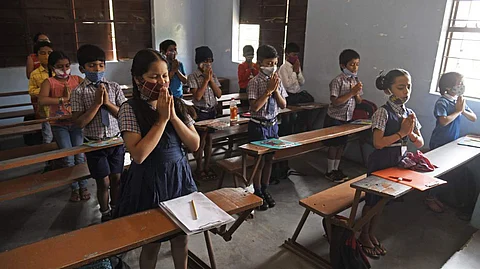

There are several advantages to revamping the education system but there are also some potential cons. One concern is that it would be a very costly undertaking. The Indian government would need to invest heavily in education in order to make it more accessible and affordable, and to improve the quality of teachers and teaching methods.
Another concern is that revamping the education system would be a complex and time-consuming process. It would require a major overhaul of the curriculum, as well as changes to the way that teachers are trained and supported. It is also important to ensure that any changes to the education system are made in consultation with all stakeholders, including students, parents, teachers, and school administrators.
Overall, the potential benefits of revamping the Indian education system outweigh the potential drawbacks. A revamped education system would make education more accessible and affordable for all, focus on the holistic development of the child, and make the curriculum more relevant to the needs of the 21st Century. It would also help to improve the quality of teachers and teaching methods.
Here are some additional thoughts on the pros and cons of revamping the Indian education system:
Pros:
- Increased economic growth: A more educated population would be better equipped to contribute to the country's economic development.
- Reduced social inequality: Education is a key lever for social mobility. A more accessible and equitable education system would help to reduce social inequality in India.
- Improved quality of life: Education leads to a number of positive outcomes, including improved health, increased civic engagement, and greater personal fulfillment.
Cons:
- Cost: Revamping the education system would be a very costly undertaking. The Indian government would need to invest heavily in education in order to make it more accessible and affordable, and to improve the quality of teachers and teaching methods.
- Complexity: Revamping the education system would be a complex and time-consuming process. It would require a major overhaul of the curriculum, as well as changes to the way that teachers are trained and supported.
- Resistance to change: There may be resistance to change from some stakeholders, such as teachers and school administrators who are comfortable with the current system.
